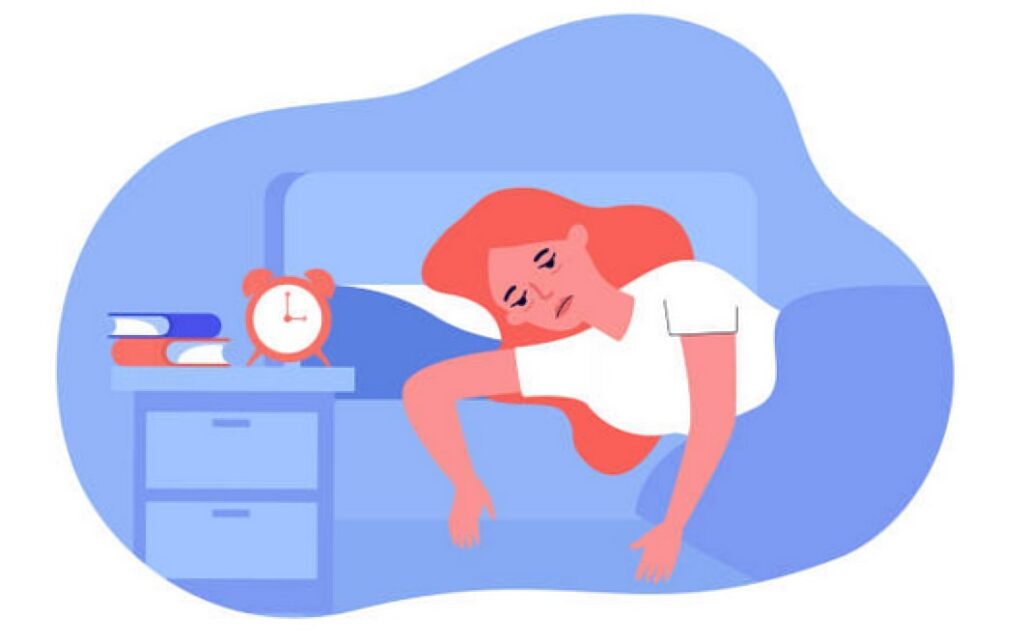- Web
- Feb 15, 2026
How to sleep better if you are suffering from insomnia
-

- Web Desk
- Sep 28, 2024

WEB DESK: Insomnia is a common sleep disorder where a sufferer has difficulty falling or staying asleep. The disease affects millions of people worldwide.
However, research indicates that various strategies can help improve sleep quality and alleviate symptoms of insomnia.
Read more: What pathogen might spark the next pandemic?
One effective method is the establishment of a consistent sleep schedule. One published study found that people who maintained regular sleeping and waking times experienced involved sleep quality and reduced insomnia symptoms,
The research talked about the importance of circadian rhythm, suggesting that a stable routine helps regulate the body’s internal clock.
Cognitive Behavioral Therapy for Insomnia (CBT-I) had also emerged as a highly effective treatment in recent years. A meta-analysis in the “JAMA Internal Medicine” revealed that CBT-I significantly improve sleepy quality and reduced insomnia severity in participants.
The therapeutic approach focuses on changing negative thought patterns and behaviours related to sleep, equipping people with practical skills to manage their insomnia,.
Creating a sleep-conducive environment is another critical factor, A study published in the “Journal of Clinical Sleep Medicine highlighted that a dark quiet and cool bedroom environment was associated with better sleep quality
Researchers found that participants who used blackout curtains and white noise machines reported fewer disturbances and improved sleep duration.
Limiting exposure to screen before bedtime is also very important. The blue light emitted by pones, tablets and computers can interfere with melatonin production, a hormone essential for sleep.
Research in the journal “Sleep Health” indicated that reducing screen time in the evening led to an improved sleep quality and increased total sleep time among the participants.
Read more: Eating habit survey shows shifting tastes
Physical activity has also been shown to av a positive impact on sleep. A study in the “American Journal of Lifestyle Medicine” found that regular exercise, particularly aerobic activities, was associated with better sleep quality and reduced insomnia symptoms.
The researchers noted that even moderate exercise such as walking can significantly enhance sleep.
Dietry choices also influences sleep, with a study published in “Nutrients” finding that diet rich in fruits, vegetables and while grains were linked to better sleep quality.
In contrast, diet high in caffeine and sugar consumoption was associated with increased increased insomnia symptoms.
The research suggests that people should be mindful of their dietary habits, particularly in the hours leading up to the bedtime.




